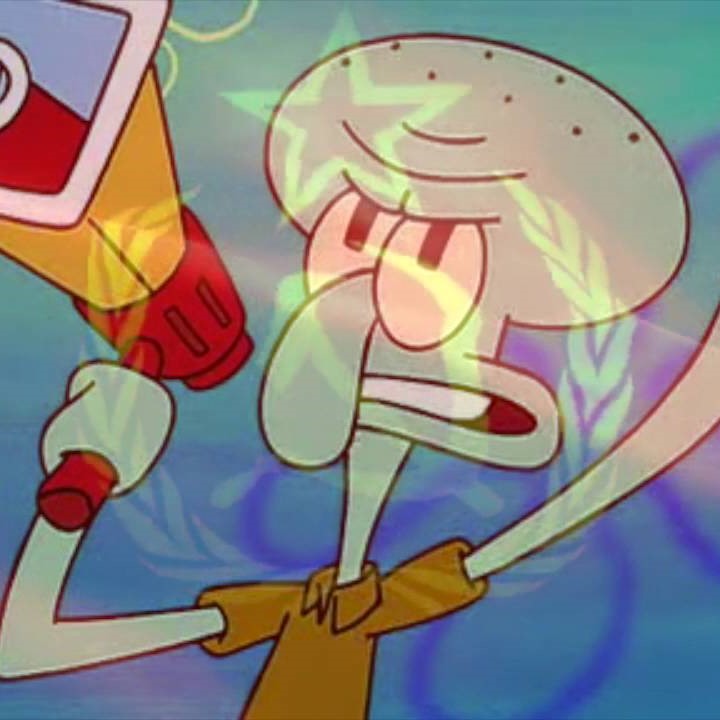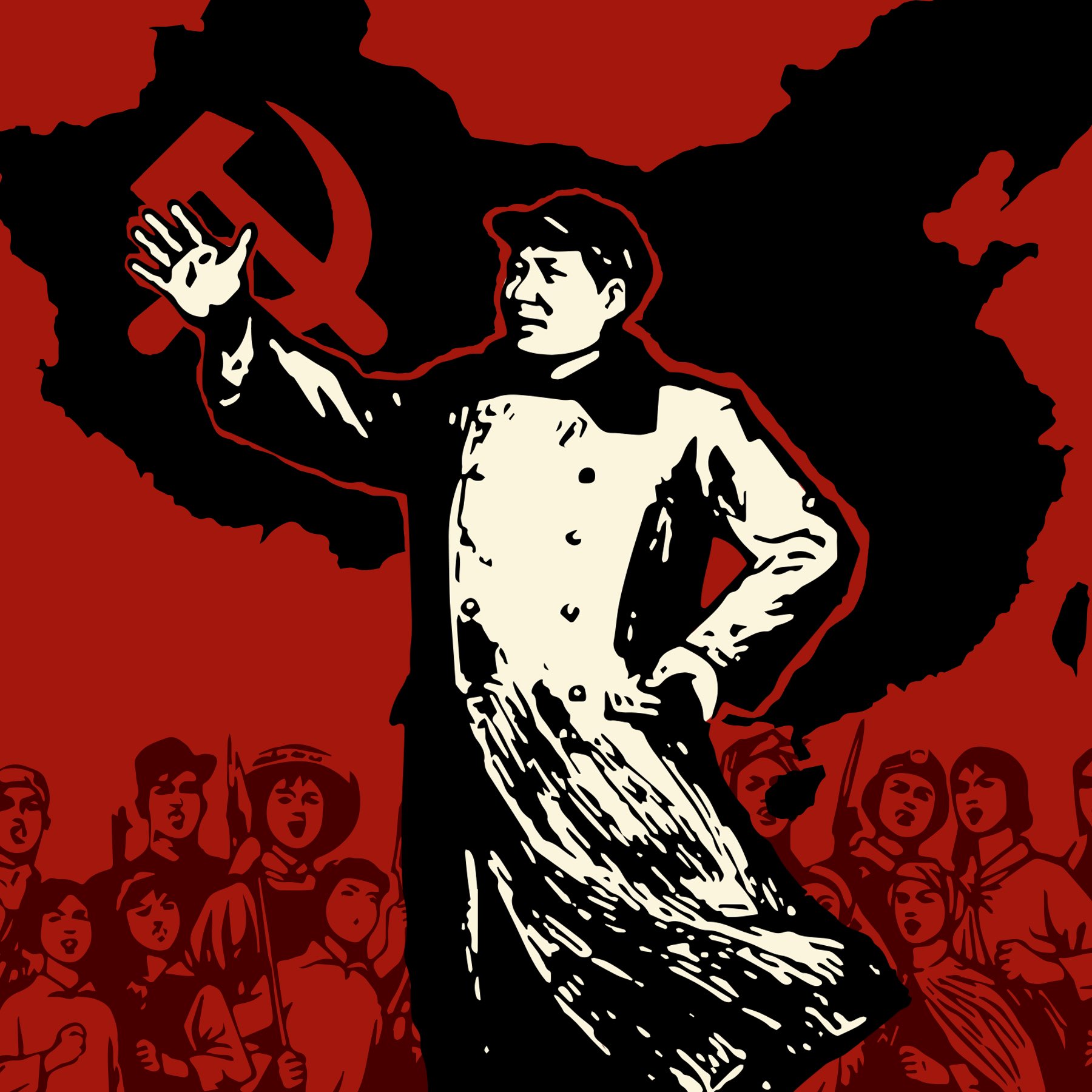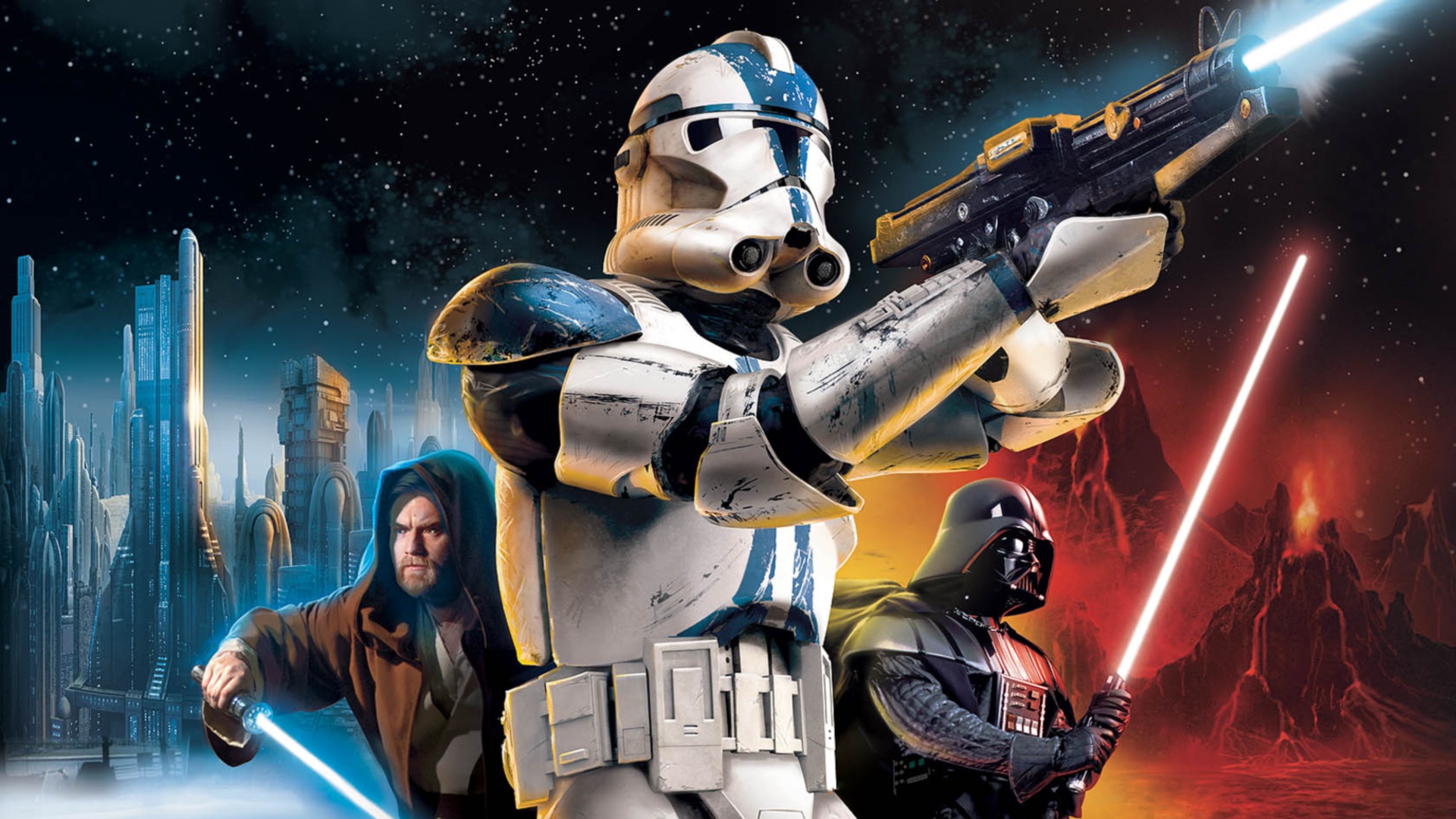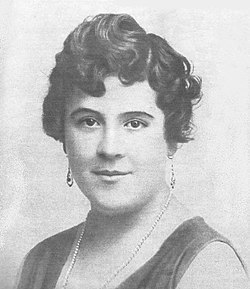In what way is it a democratic republic? I mean, it just looks like a dynasty. If it’s not, could you explain how it’s not, and if it is, how is that ok? I’m not deliberately trying to repeat U.S. propaganda, I hope this doesn’t come off like that, but my only knowledge so far is only from the U.S., so I’m asking these questions to try to get a deeper understanding.
With the DPRK, one thing that must be understood first is their culture. In their culture, they put a lot of emphasis on family, hence why they place the family or last name first. This isn’t unique to the DPRK, but is a constant in almost all East-Asian countries. The second thing that must be understood about their culture is they place a lot of emphasis on leadership. I have read many books written by Kim Jong Il (KJI) and Kim Il Sung (KIS) and one thing is very clear that makes a lot of sense, they talk about how leaders and party members must be faithful to the masses, and how supporting leadership for success is important. This follows Confucius thinking which has been present in Asia for thousands of years. Confucianism places a lot of emphasis on relationships between leaders and subjects in not just government, but in family and other institutions.
Now that we have a cultural understanding, we can conduct a proper analysis on the DPRK. So the first part of your question is why are they a democratic republic. They are a democratic republic because they elect representatives democratically who will act for the interests of those who they are representing. Those elected can be recalled at any time and the Supreme Peoples Assembly (SPA) is the highest body in the DPRK.
The next thing you bring up is that they look like a dynasty. This can be broken down into two parts: is the leadership position in the DPRK a position with absolute power and is the leadership position in the DPRK hereditary. The first part is very easy to answer: no leadership in the DPRK is not absolute. The current leader, Kim Jong Un (KJU), is the Chairman of the Workers Party of Korea (WPK) and Chairman of the State Affairs Commission (CSAC). Several things should be noted here:
- The constitution says:
The chairman of the SAC of the DPRK is the supreme leader of the DPRK
This makes it clear that Supreme Leader is simply a title given to the CSAC. The constitution also goes on to say:
The SPA has the authority to: … 5. elect or recall the CSAC of the DPRK
The CSAC is also the supreme commander of the armed forces of the DPRK.
This also shows us that KJU doesn’t have absolute power, and is held accountable by the peoples representatives, who are held accountable by the people themselves. A petition could have him removed if ever needed. Petition is outlined in the DPRK constitution as well but I don’t need to cite that right now.
2. The WPK hold elections and KJU must be elected to this position every 5 years just like his position as the CSAC.One thing that is important to note is that KJU is a very smart leader and the people don’t really have a reason to not follow his guidance. He has advisors to help him have all the current information and Comitties help make decisions and he attends all these committees. He receives input from the people and acts in their interests in being the guider of the nation. He guides the nation. Remembering their culture, even though they have democracy, they will emphasize his leadership as he has filled that position.
The second part is is this position hereditary? The answer to that is also no. Remembering that in most Asian cultures there is a lot of emphasis on the family, it seams natural that a revolutionary family like the Kims who have done so much good for the Korean people and have lead the revolution would be so respected. KJI was born during the revolution on Mt. baekdu and was brought up believing that the revolution is necessary. It is also important to note that all of the Kims who have held positions are highly qualified. They are intelligent and have used this intelligence to help better the lives of the Korean people.
Side note, it is true that KIS asked for KJI to lead as he approached the end of his life, but this decision had to be affirmed by the people and considering how smart and what good KJI had already done for the people, there was no reason for them to deny this claim. KJI had also held many positions before this including general and being a high ranking member of the WPK so he did have proper experience for taking the leadership position.
Now that I’ve addressed your specific questions, I’ll add some things that are important to add.
KIS is called the eternal president because he was the only president. The presidency was abolished after his death and replaced with the CSAC. The Korean people do not believe he is immortal, however his ideas and devotion to the people are immortal.
The WPK asks the people their opinions very frequently, as well as many people being involved in government. The WPK is truly a party of the people and they are involved in allowing the party to act for the betterment of all the people. They focus a lot leadership but that doesn’t mean they aren’t democratic.
If there are any follow up questions or clarifications just respond to this and I should reply reasonably quickly.
This comment is so good, it makes me wish pinning comments was a thing.
This is one thing I love about our Lemmy - we know that we aren’t wasting our time giving thoughtful answers because we are all comrades. On reddit, it felt like most of the time the FAQ about communism or AES were in bad faith and the person wouldn’t listen, or even if they did, the masses would downvote your answer anyways. I find a lot of great detailed answers on here, and I appreciate you folks



